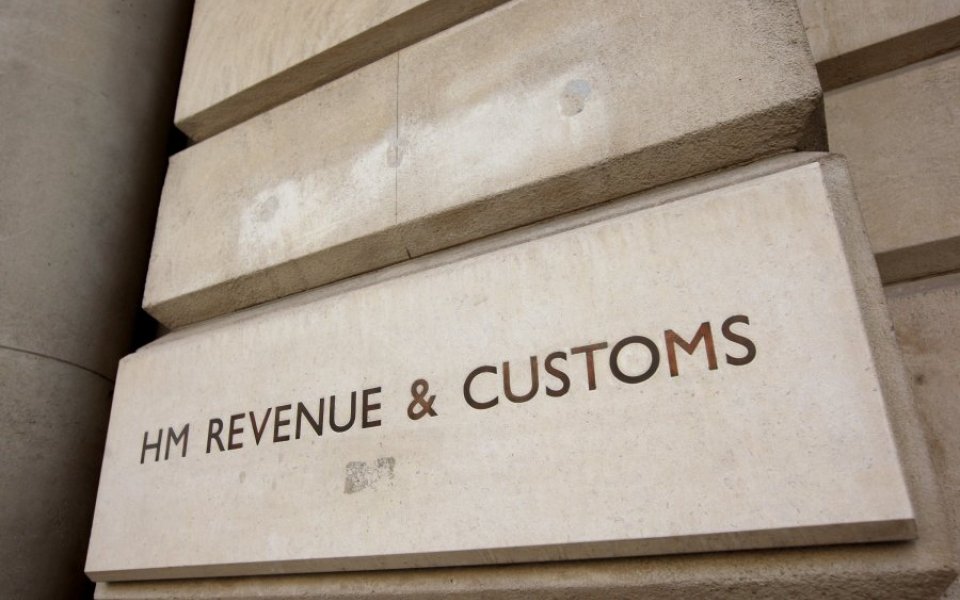HMRC tax offices closures could actually cost the taxpayer

Her Majesty’s Revenue and Customs’ announcement that it plans to save £100m by closing 137 local offices will hit taxpayers hard and make dealing with the Revenue at a personal level almost impossible.
HMRC’s failure to get anywhere close to meeting its published customer service standards or make any real impact in tackling non-compliance, avoidance and evasion has finally led Chief Executive, Lin Homer, to announce yet another programme of change.
Under the banner of ‘building our future’ the stated ambition of this ‘austerity’ driven retrenchment in presence and headcount is to bring its people together in 13 Regional (Metropolitan) centres, harnessing technology. One does wonder what game changing digital advances HMRC might have in mind, and training facilities to meet the demands of the 21st century.
Most practitioners who work closely with HMRC will recognise, whilst having no quibbles with the need to identify efficiencies, the only real inertia to improved performance is lack of funding and resource rather than the current professional standards, skills of its staff and digital infrastructure.
Read more: Taxpayers still being let down by HMRC, with low levels of prosecutions for tax evasion
By the same token it could be concluded that with improved leadership, morale and, critically, adequate funding HMRC might well make some real headway in reducing the ‘tax gap’ and become a paradigm of self-sufficiency. Certainly less farfetched or counterintuitive than the measures announced earlier this week.
The biggest challenge for HMRC is not to save £100m, it is to reorganise for change so that its staff are able to train, collaborate and provide a significantly better service all round. Taxpayers who are not represented by professional advisers are left hanging for 30 minutes when calling helplines and when they do get through HMRC’s technical staff are often unreachable.
HMRC needs to invest in more properly trained staff, not less, and the proof of that is in the ever complex legislation which HMRC and taxpayers have to deal with.
If HMRC do not invest in upgrading both its technical resource and making that resource more widely available, this will be a poor deal for both taxpayers and HMRC staff.